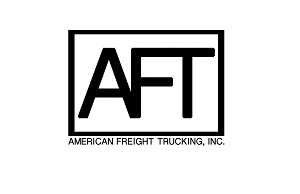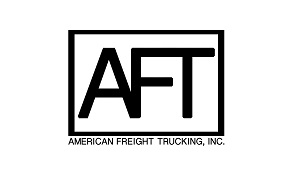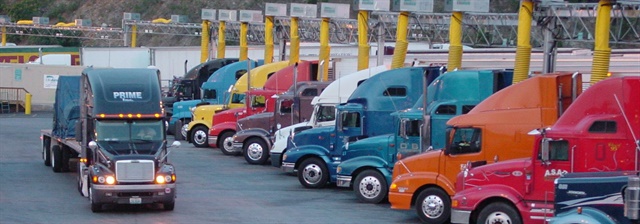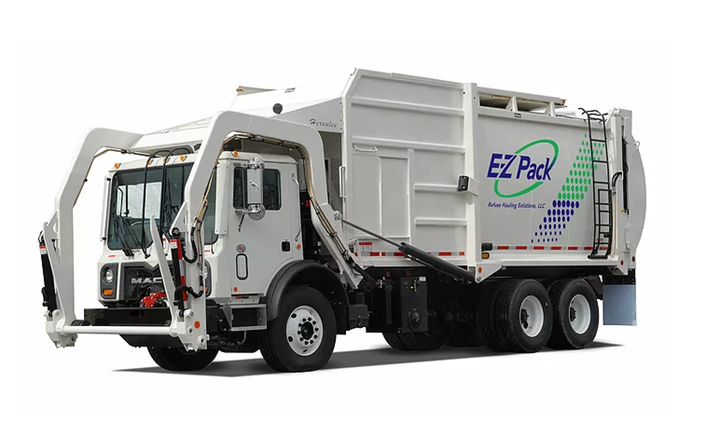<img width="150" src="http://www.automotive-fleet.com/fc_images/news/m-2011-02-10-idleairlot1-1.jpg" border="0" alt="
Photo courtesy of Duke Energy
">
Photo courtesy of Duke Energy
">A Duke Energy project to fund electrification at a N.C. truck stop is projected to save 25,000 gallons of truck fuel annually.
Big Boy's Truck Stop in the town of Kenly, will soon have 24 truck electrification stations where drivers can pay to plug in their vehicles, offering an economical way to provide electricity and hot or cold air during overnight stays that avoids idling engines. Additionally, four plugs will provide standby power for refrigerated cargo to avoid the need to run diesel compressors.
On an annual basis, the project should reduce carbon dioxide emissions by almost 500 tons and reduce volatile organic compounds (VOCs) and nitrogen oxide (NOx) emissions by more than 2 tons. Duke Energy will spend $300,000 on the project.
The plug-in stations are expected to be installed before this summer. IdleAir, located in Knoxville, Tenn., will be tasked with installation and maintenance.
"This is a common sense feature that helps truckers get a cleaner, quieter night's sleep, while saving them money and sparing the community from significant emissions," said Mark Miller, president of Convoy Solutions, provider of IdleAir, in a statement.
Each year, more than 2 billion gallons of diesel are wasted by overnight idling, according to a study from Argonne National Labs. Idling is the industry standard method of providing overnight comfort to the more than 1 million drivers who sleep in their trucks each night.
This program was part of a 2015 settlement between Duke Energy and the U.S. Environmental Protection Agency and environmental groups after allegations that some of the utility's coal-fired plants violated the Clean Air Act.
Related: Duke Energy to Install 200 EV Charging Stations
Follow @HDTrucking on Twitter








